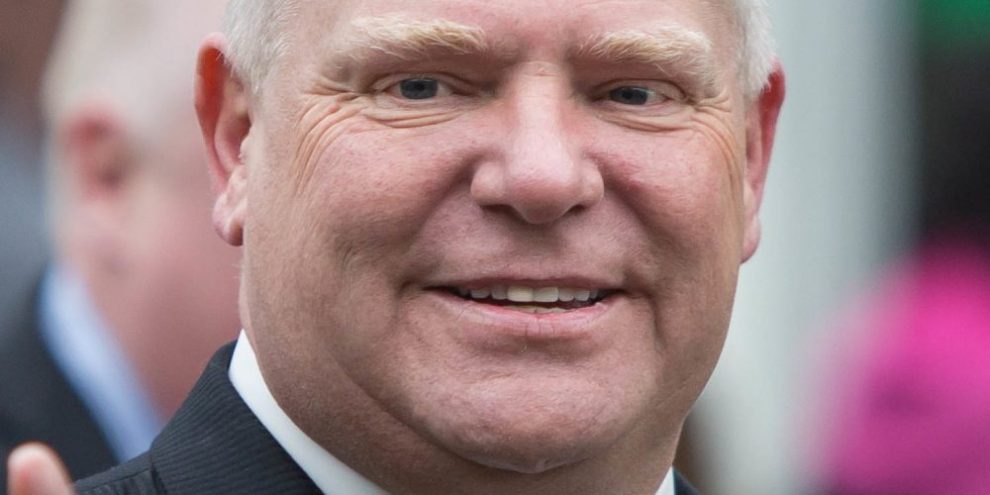
Reducing developer charges, allowing more units on one residential lot, and pursuing rent-to-own programs are among a host of measures Ontario announced Tuesday aimed at tackling the housing crisis.
The Progressive Conservative government has promised to build 1.5 million homes in 10 years, and introduced new legislation intended to spur and speed up development.
The province identified 29 municipalities in which the bulk of new housing will need to be built in order to reach that goal, and will require them to develop "pledges" of how they will meet their assigned targets, though there are so far no consequences for falling short.
Toronto will need 285,000 new homes, Ottawa will need 151,000, Mississauga will need 120,000 and Brampton will need 113,000, the province said. Ontario has granted the heads of Toronto and Ottawa so-called strong mayor powers to overrule council when votes conflict with building housing.
The list of municipalities with the greatest housing needs could point to other cities Premier Doug Ford may grant strong mayor powers to in the future.
Municipal Affairs and Housing Minister Steve Clark said he first wants to ensure the process gets underway in Toronto and Ottawa when those councils get sworn in next month.
"I'll start looking at other opportunities after that, but I'm not yet there yet," he said.
Ford and Clark previewed the legislation in a Toronto Region Board of Trade event earlier Tuesday.
"Our government will never ignore the many Ontario families who want a place to call home," Ford said in his speech.
"Everyone's dream is to have a little white picket fence. You know, when they put the key in the door, they know they're building equity into it, they can do the little tweaks to their house and increase the value of it. That's our goal. We won't let the ideology and politics stand in the way of doing what's right for all Ontarians."
The legislation would allow up to three residential units – such as basement apartments and garden houses – on one lot without needing bylaw amendments. Those new units would also be exempt from development charges.
The province also proposes to freeze, reduce and exempt fees associated with new home construction in order to spur building. Affordable housing, non-profit housing and inclusionary zoning units – meaning affordable housing in new developments – as well as some "attainable" units would be exempt from various charges.
Rental builders would also see development charges reduced, with larger discounts on family-sized units.
Opposition critics said cutting development charges could make it hard for municipalities to pay for services for residents of those homes, such as roads, community centres and transit.
Clark said municipalities have about $8 billion in development charge reserves across the province, and he hopes the two levels of government can work together toward the shared goal of getting housing built.
The new housing plan also includes introducing more housing density near transit stations, and using surplus government lands, modular homes and rent-to-own programs.
The government said it will consult with municipalities on reducing the property tax burden for multi-residential apartment buildings, as they are often taxed at double the rate of other residential properties.
The new legislation also proposes to temporarily freeze development fees that go to conservation authorities - they issue development permits in certain areas such as those prone to flooding.
As well, the bill would remove a minimum number of public meetings for draft plans to subdivide land, prioritize Ontario Land Tribunal hearings for cases that create the most housing, limit third-party appeals at the tribunal, and strengthen rules for heritage designations.
Clark said the policies represent the boldest housing changes the government has made to date.
He had also announced late Monday that the province was raising the non-resident speculation tax on homes purchased by foreign nationals from 20 per cent to 25 per cent, effective Tuesday.
Banner image: THE CANADIAN PRESS/Frank Gunn
This report by The Canadian Press was first published Oct. 25, 2022.






